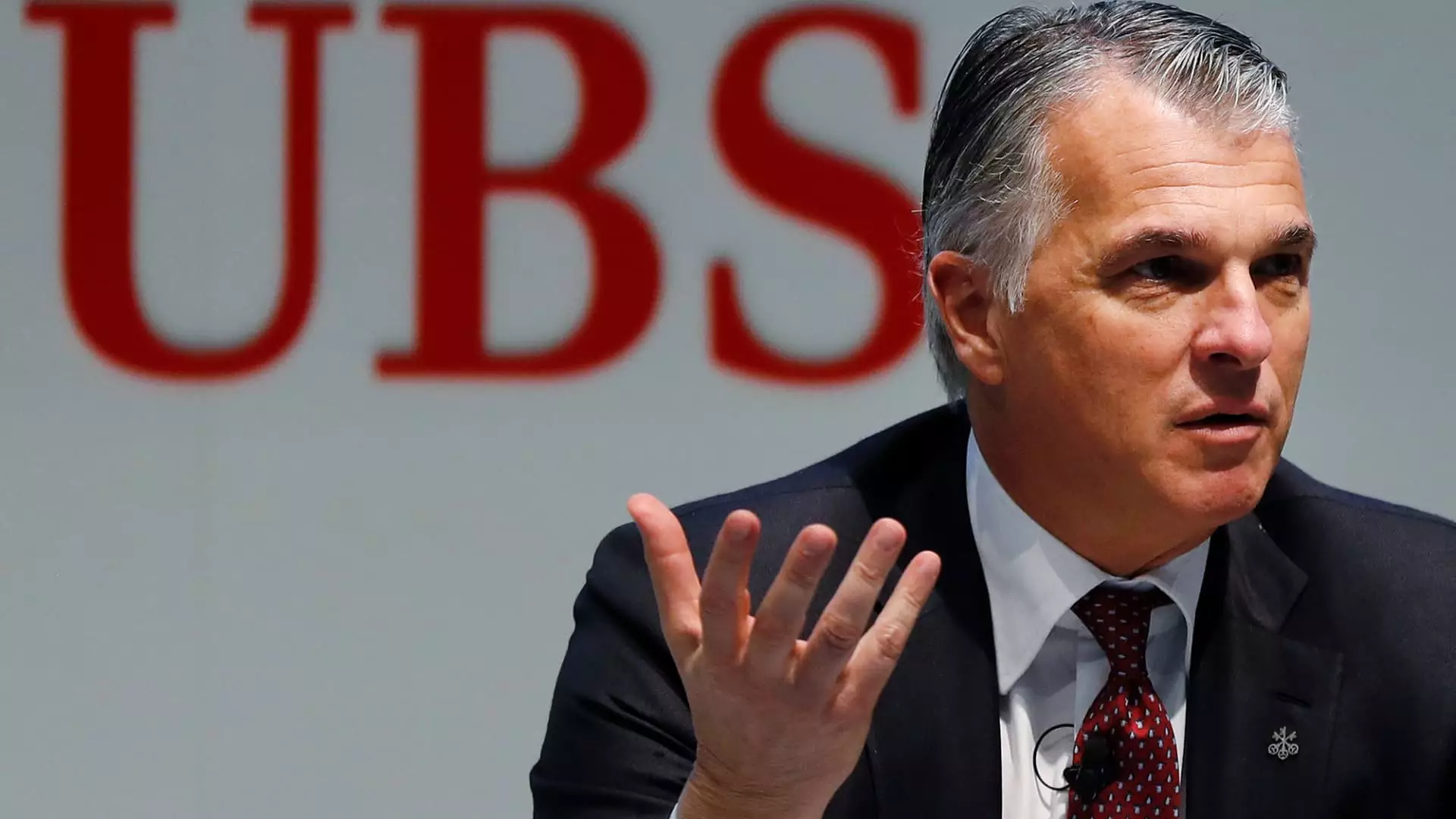UBS CEO Sergio Ermotti recently made some predictions about the future of market volatility. He mentioned that while there could be an intensification of market volatility in the second half of the year, he does not believe that the U.S. is heading into a recession. This statement comes after global equities experienced sharp sell-offs due to weak economic data from the U.S., which raised concerns about a potential economic downturn.
Ermotti expressed his views on the U.S. economy, stating that a recession may not be imminent, but a slowdown is definitely possible. He mentioned that the macroeconomic indicators are not clear enough to indicate a recession at this point. UBS expects the Federal Reserve to cut rates by at least 50 basis points this year, although traders are currently divided between a 50 and a 25 basis point cut at the Fed’s next meeting in September.
Ermotti highlighted several factors that could contribute to increased market volatility in the coming months. These factors include the upcoming U.S. election in November, geopolitical tensions, as well as recent fluctuations in the macroeconomic environment. He emphasized that the recent volatility in the markets indicates the fragility of certain elements of the system, leading to expectations of higher volatility in the future.
Another area of uncertainty mentioned by Ermotti is monetary policy. There are concerns about whether central banks will need to implement more aggressive rate cuts to address an economic slowdown. In Switzerland, where UBS is headquartered, the central bank has already implemented two rate cuts this year. Similarly, the European Central Bank and the Bank of England have also announced rate cuts to support their economies.
Despite the potential challenges posed by increased market volatility, some experts believe that it could actually benefit UBS. Bruno Verstraete, founder of Lakefield Wealth Management, suggested that higher volatility could lead to increased trading income for UBS. He mentioned that the shift from a period of low volatility to a more normal regime could present opportunities for UBS to capitalize on market fluctuations.
Overall, while uncertainties remain regarding the future of market volatility and the global economy, UBS appears to be well-prepared to navigate these challenges. By closely monitoring macroeconomic indicators, adapting to changing monetary policies, and leveraging opportunities created by market volatility, UBS can continue to thrive in an ever-evolving financial landscape.

